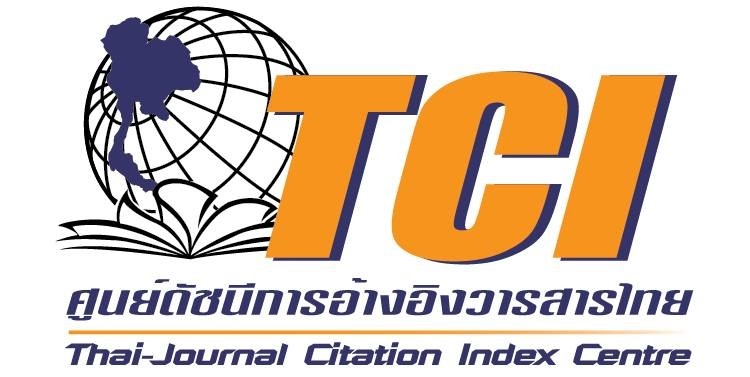Investigate the problems and needs to enhance language literacy ability in the new media environment of middle school students at Wuhan Experimental Junior High School, China
คำสำคัญ:
new media environment, middle school students, language literacy, problems and needsบทคัดย่อ
In the context of the prevalence of new media, it is crucial to explore the cultivation of middle school students' language literacy ability. This study takes Wuhan Experimental Junior High School as the research object. This article aimed 1) to investigate the existing problems and needs in the cultivation of language literacy ability among middle school students in the new media environment of Wuhan Experimental Junior High School, and 2) to develop the strategic guideline to enhance language literacy ability in the new media environment of Middle School students. The respondents were 316 students and 20 teachers. The research instrument employed in this study was a questionnaire. The information and data collected were analyzed through the content analysis method and then presented in terms of frequency, mean, and standard deviation. The results show that: 1) the problems and needs in the cultivation of language literacy ability of students were at a high level and the problems and needs in the cultivation of language literacy ability of teachers were at a middle level; 2) the strategic guideline to enhance language literacy ability in the new media environment of Middle School students consisted of 8 chapters. All 10 chapters were evaluated by 3 experts, and the IOC values ranged from 0.67 to 1.00.
เอกสารอ้างอิง
Chun, D., Kern, R., & Smith, B. (2016). Technology in language use, language teaching, and language learning. Modern Language Journal, 100(S1), 64–80.
Cronbach, L. (1995). Construct validity in psychological tests. Psychological Bulletin, 52(4), 281-302.
Johnson, N. (2016). A Virtual B-School through Information Technology: Framework and Case Study. Journal of Computer Information Systems, 38(3), 58-63.
Kim, G., & Gurvitch, R. (2020). Online education research adopting the community of inquiry framework: A systematic review. Quest, 72(4), 395-409.
Lei, L. (2004). Redefining "Chinese literacy". Proceedings of the 2004 Annual Meeting of Jiangxi Language Society, 8.
Lei, L., & Li, Z. (2020). Analysis of Influencing Factors and Barrier Factors of Online Teaching Quality in Colleges and Universities under the Epidemic Situation: A Case Study of a Higher Education Institution. Higher Education Forum, (12), 53-56.
Liao, X. (2008). What is new media. National New Media Art Department Chairman (Dean) Forum. Chinese Society of Engineering Graphics, 41.
Liu, l., Chen, X., Li, X., Zeng, Y., & Zhang, C. (2021). Online teaching practice under the epidemic situation of novel coronavirus pneumonia. Asian Agricultural Research, 12(08), 78-82.
Liu, Y. (2021). Research on ways to improve Minors' online news literacy. Journal of Journalism and Research, 12(13), 8-9.
Ni, W. (2013). My Opinion on the nature of Chinese Curriculum. Curriculum, Textbooks. Teaching Methods, 33(01), 24-28.
Stosic, L. (2015). The importance of educational technology in teaching. International Journal of Cognitive Research in Science Engineer, 3(1), 111-114.
Wang, Y., & Tong, M., (2004). A Study on the Basic Characteristics of Online English Teaching. Journal of Erbin College, (2), 116-118.
Yamane, T. (1973). Problem to accompany statistics: an introductory analysis (3rd. ed). New York: Harper & Row, 725.
Zhang, Y., & Yang D. (2016). Chinese Teaching in primary schools based on Core literacy. Educational Exploration, (10), 4.
ดาวน์โหลด
เผยแพร่แล้ว
รูปแบบการอ้างอิง
ฉบับ
ประเภทบทความ
สัญญาอนุญาต
ลิขสิทธิ์ (c) 2025 Journal of Public and Private Issues

อนุญาตภายใต้เงื่อนไข Creative Commons Attribution-NonCommercial-ShareAlike 4.0 International License.


 ผศ.ดร.ละมัย ร่มเย็น
ผศ.ดร.ละมัย ร่มเย็น






